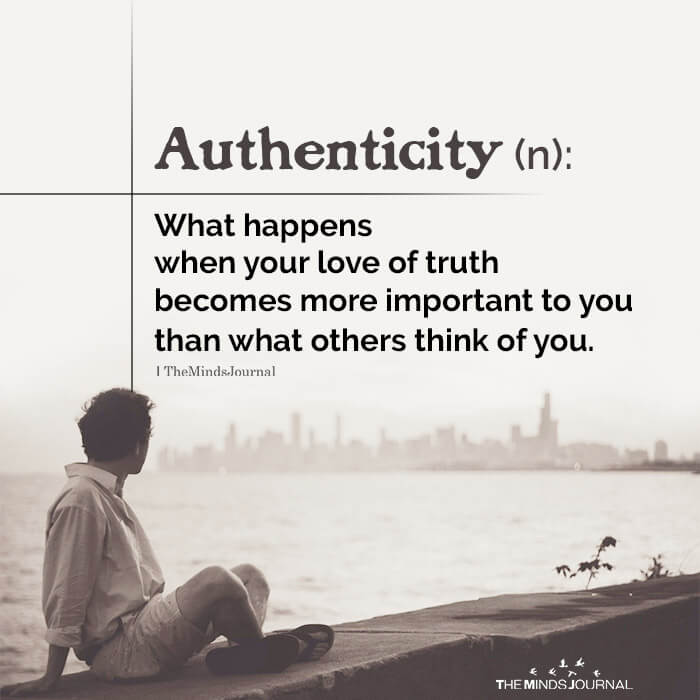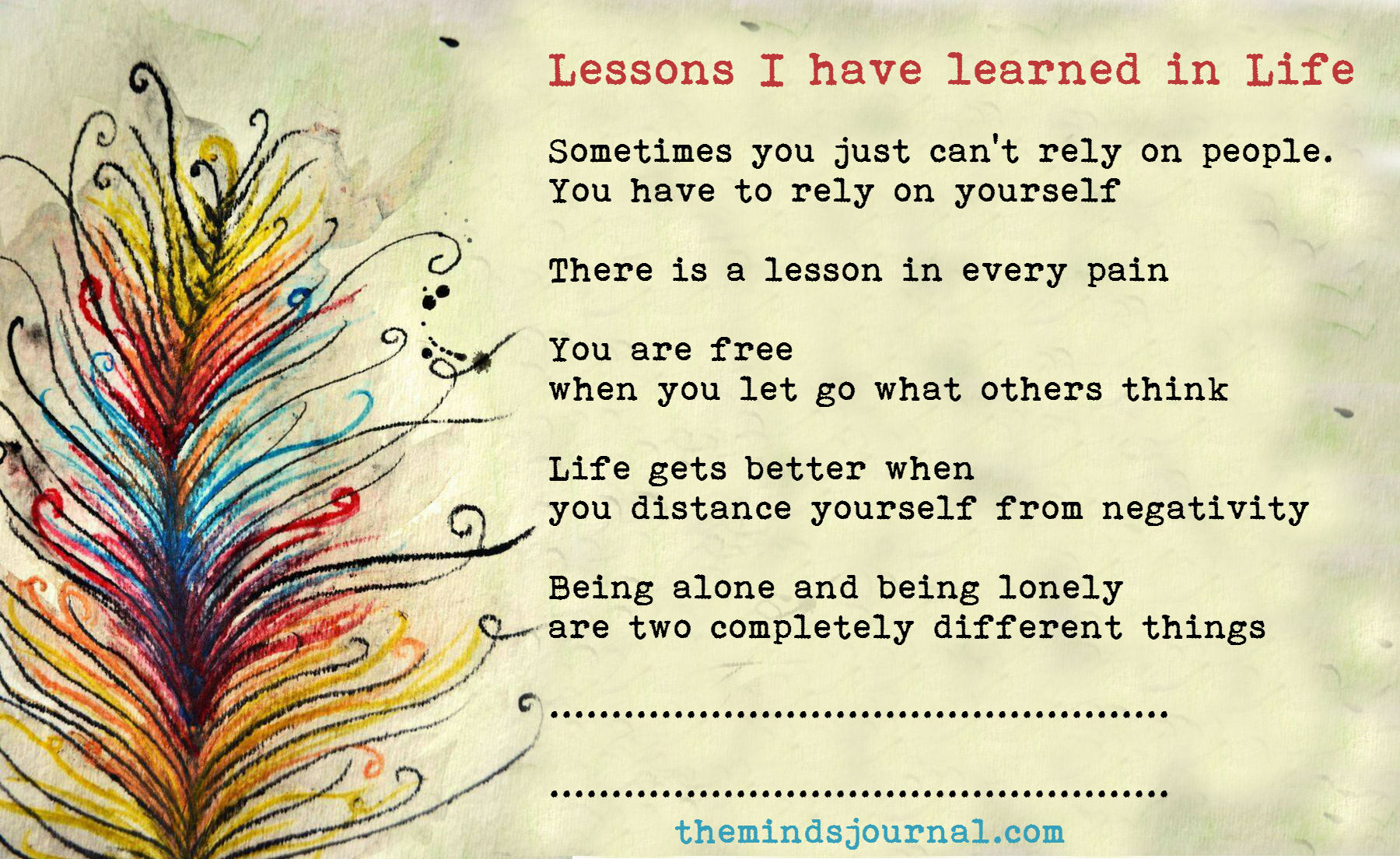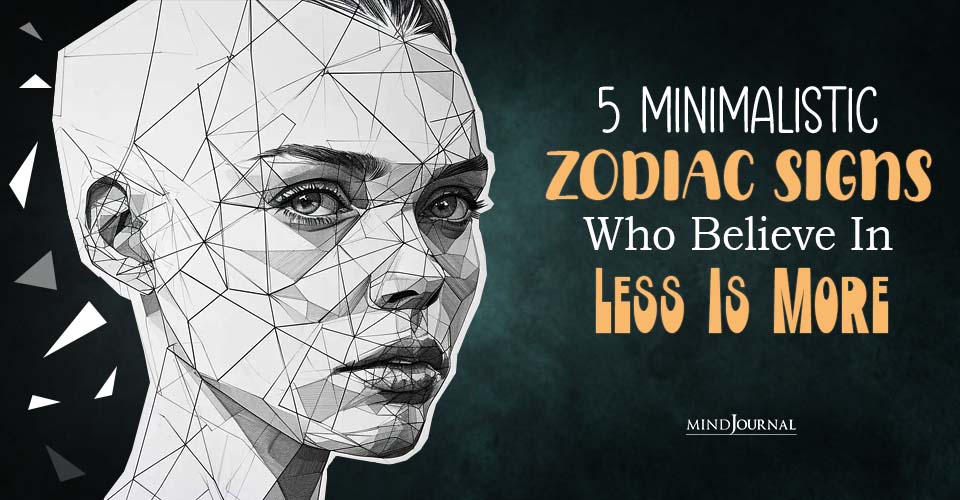Just as actors wore masks in the ancient Greek theater to transform into different characters and roles, we wear “masks,” in a metaphorical sense, to hide our true selves, thoughts, and emotions.
We excel at wearing masks
We fool our friends, our colleagues, even our loved ones with the various masks that we wear. More often than not, we avoid expressing who we really are and what we really think, because we want to fit in, gain approval, and, importantly, try to minimize conflict. We wear masks to put out the impression or illusion of a more “perfect life” — having the right job or occupation, the right car, the right house, the right spouse or partner, the right clothing, and so on.

We hide behind labels, titles, and money. Our real identity is covered up by the false identity of our possessions, roles, actions, and words. Our ego traps us in this artificially staged world, all out of our perceived need for acceptance.
Some of us wear masks of grandeur while, conversely, others wear very plain masks, afraid to express themselves, afraid of judgment and possible rejection from others. We wear masks because we fear others will see who we really are. We need to protect ourselves from their judgment and emotional assault, fearing we will expose our weaknesses, fearing we won’t be good enough, fearing we won’t belong.
Read This Optical Illusion Test Reveals Your Secret Strengths And Weaknesses
Typically, men have learned to hide their weaknesses and feelings and, in their place, have learned to act “strong,” constantly putting out an air of confidence. On the other hand, women have been conditioned to hide their strengths, to act sweet, and to appear relatively helpless, and in the same vein, non-threatening. Like the actors on the Greek stage, we all strive to entertain and please the audience, worried about the “right” appearance, the “right” lines, and, after the curtain goes down, the “right” review of our performance.

Why you need to shed your masks?
The more we wear these masks and play someone else’s role, the further away we are from our authentic selves. We lose trust and confidence in ourselves when we let others determine who we should be. Swayed by the opinions of others, we lose our own thoughts and start to second-guess ourselves.
We ask others what role we should play and what lines we should speak, wishing to conform, trying hard to please them. Soon, our relationships suffer. Life ceases to flow freely through us, and as a consequence, we grow more and more frustrated, stressed, sick, and depressed. Soon we may simply burn out.” This is why many people view depression as the state of being separated from our true self.

Many people, however, reach a tipping point, especially around midlife, when they wake up and ask themselves the existential question: “Who am I?” They know they want to live more authentically, to live with more meaning. In effect, they are beginning to take the steps necessary to draw the line in the sand, remove their masks, and say, “This is who I am.”
It may take time. It may take several life-changing experiences to help you realize it’s time to remove your mask. After wearing so many different masks for so many years, it’s not easy to connect to your true self and, importantly, to express your true self in the company of others. It may take continued effort to heal your past dramas and traumas until you are ready to move on, mask-free — to live more authentically and with deeper meaning.
Read 20 Things Authentic People Do Differently
But as Aristotle wisely advised, “Knowing yourself is the beginning of all wisdom.” Knowing ourselves, understanding our deeper motivations, our bright side, as well as our dark side, can help us build the confidence we need to express ourselves authentically and live more meaningful lives. Isn’t it time for you to remove the masks you have been wearing for so long and connect more authentically — first with yourself, and then with others?
To know more please visit Global Meaning Institute
Written by: Elaine Dundon Originally appeared on: Psychology Today Republished with permission










Leave a Reply